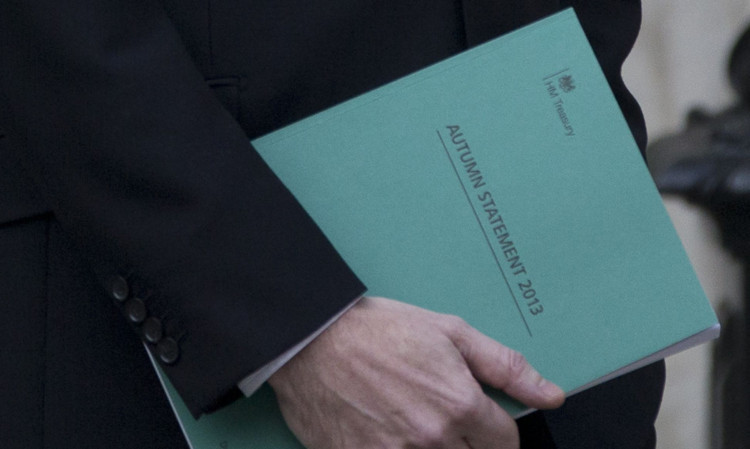School leavers entering the jobs market today face half a century of work before they can retire because of plans to reduce the pensions bill by £500 billion.
Chancellor George Osborne was accused of a “betrayal of future generations” after announcing the retirement age is to rise to 69 by the late 2040s in his Autumn Statement on Thursday.
Workers in their 30s today can now expect to have to continue working until they are 69.
The UK retirement age will rise to 66 in 2020 and further rises had been scheduled for 2036 and the late 2040s.
Mr Osborne announced these two later rises have now been brought forward so the retirement age will rise to 67 in 2028 and then to 68 in the mid-2030s.
Following those rises, the state pension age will rise in line with life expectancy, which is likely to mean today’s teenagers and those in their 20s will not get to draw a state pension until they are 70.
The planned rises in state pension age put the Coalition Government on a collision course with the Scottish Government and its campaign for independence.
Deputy First Minister Nicola Sturgeon has said the Scottish Government would consider keeping the retirement age at 66 in an independent Scotland, due to lower life expectancies north of the border.
SNP finance spokesman and Dundee East MP Stewart Hosie said: “The new hammer blow from Westminster is that the retirement age is to rise yet again.
“This means Scottish youngsters leaving school this year will have to work for more than 50 years to get the state pension they will pay for, and it takes no account of Scotland’s lower life expectancy.”
Britain’s biggest pensioners’ organisation, the National Pensioners Convention (NPC), also condemned the proposed rise in retirement age.
Dot Gibson, NPC general secretary, said: “Contrary to the Chancellor’s claims, the Office for National Statistics has revealed that life expectancy is actually falling.
“At age 65, men are now predicted to live a further 18 years compared to 19 years in 2009, and for women, life expectancy has fallen from 21.3 years to 20.6 years.
“The Chancellor’s suggestion that we are all living longer is simply not true, especially for the poorest.”
For today’s pensioners, Mr Osborne announced the basic state pension would rise by 2.7% in April, equivalent to £2.95 per week. He also said pensions would not be included in the cap on welfare spending being introduced in 2015, which will limit total welfare spending.
The cap will be set next spring.
